The idea of developing a rail system in Bali, has been bandied around for many years but in recent months the chatter has become more focused.
Although there are no 'set-in-stone' plans to date, there is a sense that the current administration is serious about improving the island's transportation network.
According to AirMagz, a recent meeting to discuss road shortcuts and a rail network led by Governor Koster was attended by the Director General of Railways, the Head of Research and Development Agency, the Managing Director of PT Kereta Api Indonesia, and the Head of the Planning Bureau of the Secretariat General of the Ministry of Transportation.
Traffic woes
Local newswires are suggesting the rail project will begin in 2020 after an MoU has been agreed upon by all relevant ministries, agencies and the Governor, with the first phase being the construction of a line connecting Ngurah Rai - Mengwitani - Singaraja Airport.
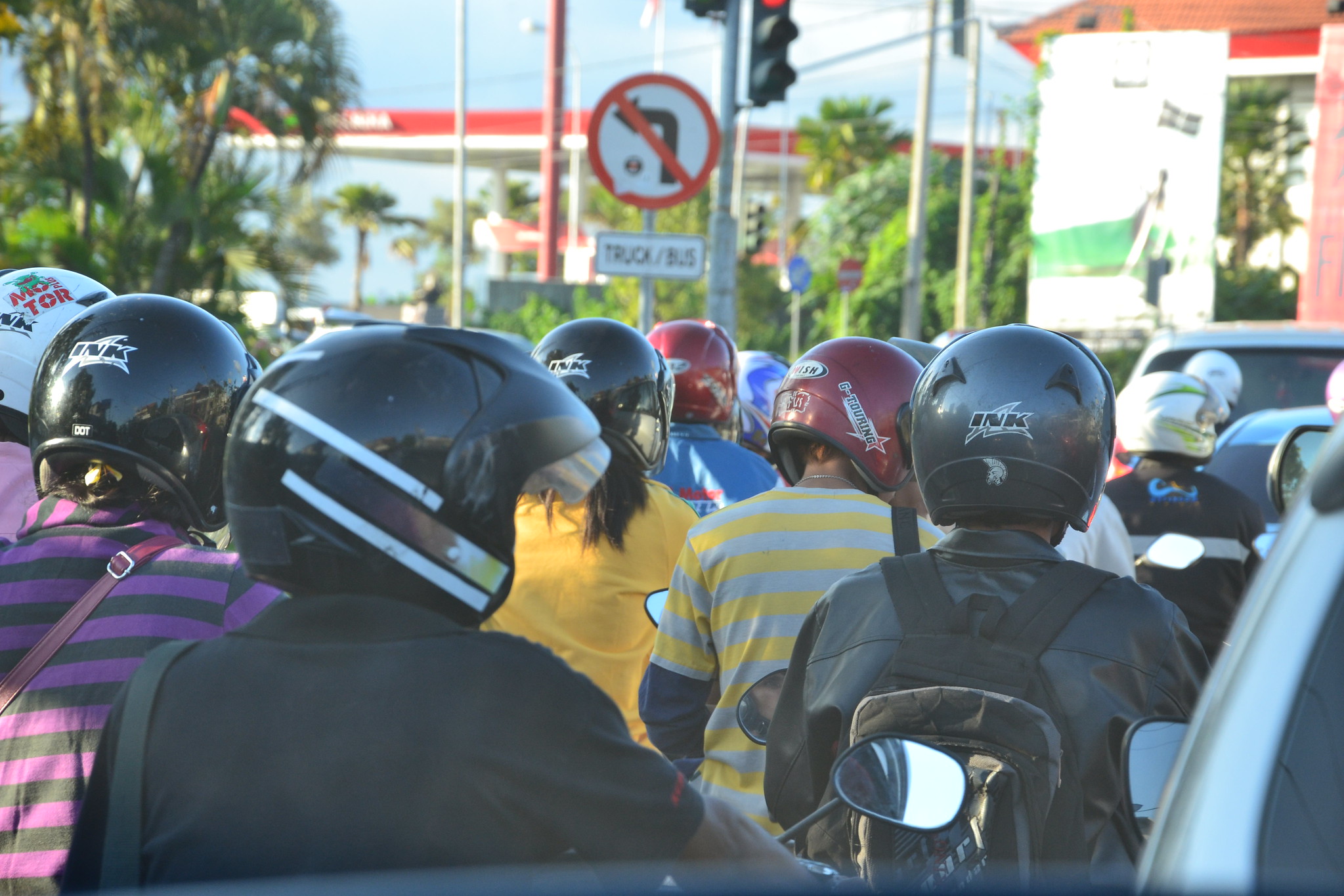 Many observers claim the biggest transportation problem Bali faces right now is traffic congestion. Image by Simon Sees on Flickr.
Many observers claim the biggest transportation problem Bali faces right now is traffic congestion. Image by Simon Sees on Flickr.
The need to improve Bali's infrastructure is painfully apparent, especially during rush hours, in peak holiday times and in popular tourist areas. Many observers claim the biggest transportation problem Bali faces right now is traffic congestion and as the economy grows and tourist arrivals increase the congestion is likely to get worse unless a viable solution is found.
The ratio of vehicles to people in Bali is almost one vehicle for every person on the island, claims the IDN Times who also report Gede Samsi Gunartha, Head of the Bali Transportation Agency (Dishub), as saying the only choices available are to enlarge road capacity or develop a rail network.
Opposition to rail
There is however, some opposition to developing rail in Bali. Baliberkarya are reporting Ketut Tama Tenaya, Chairman of Bali's DPRD Commission I (the Regional House of Representatives) as voicing his concerns, which include the need to conduct a fully comprehensive feasibility study, the high costs and the length of time it would take to recoup these costs and the socio-economic implications, which, he argues, may conflict with Balinese culture.
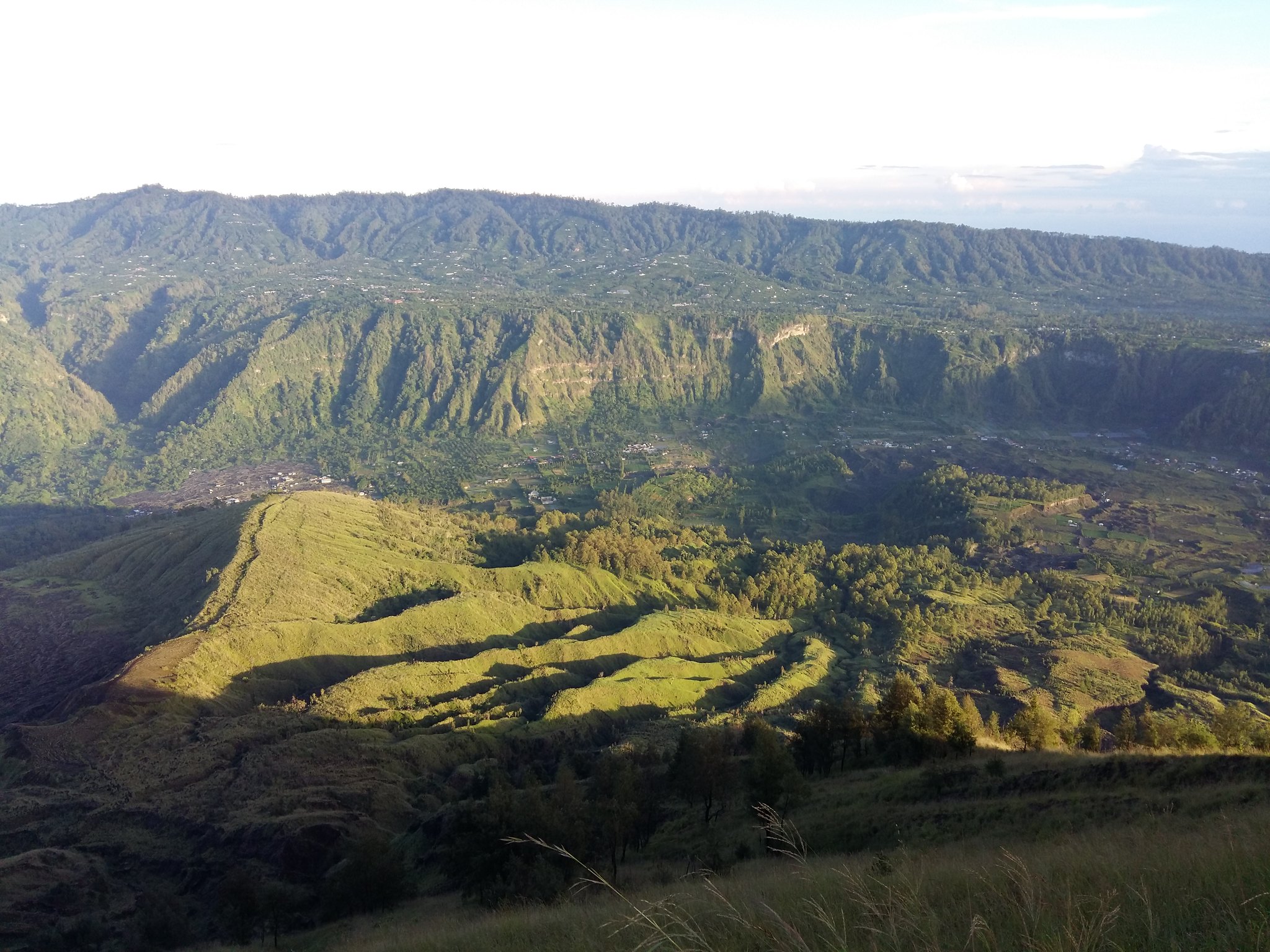 Bali's central highlands and mountainous terrain pose logistical problems to both road and rail. Image by Liz Stark on Flickr.
Bali's central highlands and mountainous terrain pose logistical problems to both road and rail. Image by Liz Stark on Flickr.
The specifics of this remain unclear, but Tama Tenaya believes the Balinese would prefer to use road transport rather than trains, especially when it comes to performing religious and temple duties, and that would impact how busy the trains would be if the only people using them were tourists.
Going green with electric trains
Despite these objections however, momentum for a rail system is gaining pace and Governor Koster is leaning towards the system being environmentally friendly and electric.
Balionoton explains going electric is not only a "solution to the problem of traffic congestion but the electric railroad network will also strengthen Bali's position as an environmentally friendly island. Electric-powered trains do not use fossil fuels so they will not cause pollution and will produce a carbon footprint that is 20-35 percent less than diesel-powered trains."
Terje Nilsen from Harcourts Seven Stones agrees. "it's a much better way to get around the island than fighting traffic along the roads. Not only that, the plan is to make it eco-friendly as well! It would also help to ease up on travel time and make larger parts of the island more viable for tourism."
Balinese themes
It seems Koster is also considering the cultural implications of such a project by setting guidelines for the rail system to be uniquely Balinese and in harmony with nature. "We want a different design, with its own aesthetics and characteristics, with a local touch," he said.
Whether the proposed electric rail network goes ahead or not is open for debate and speculation and there will be those who claim it is unrealistic, especially considering land acquisition issues and mountainous terrain, but the fact it is being discussed at all and at such high levels in both regional and central governments is encouraging for those who support the initiative.
Gede Pasek Suardika, Head of the Planning Bureau of the Secretariat General of the Ministry of Transportation (Kemenhub) expressed his support, say the IDN Times, as it would "be in accordance with the mandate of the President who encourages infrastructure development and national connectivity."
Sources: IDN Times, Bali Berkarya, Airmagz, Baliotonom, Jawa Pos
Similar to this:
Does a new governor mean a new direction for Bali?
North Bali Airport could be a game changer
Sharing the wealth in Bali: Easier said than done?

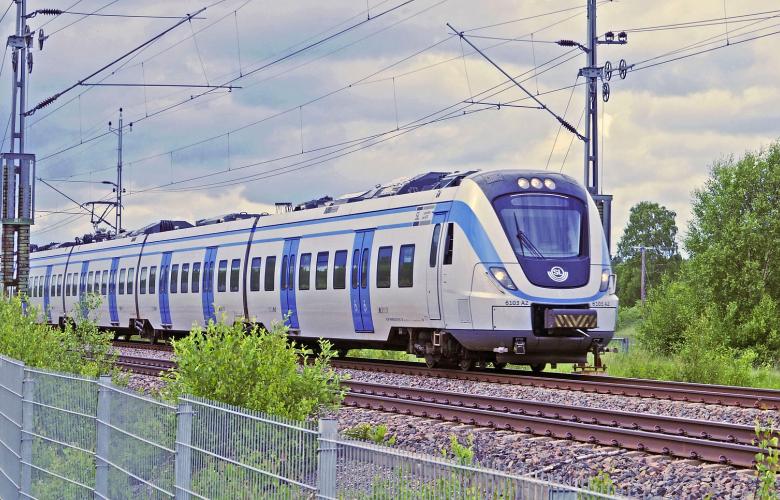
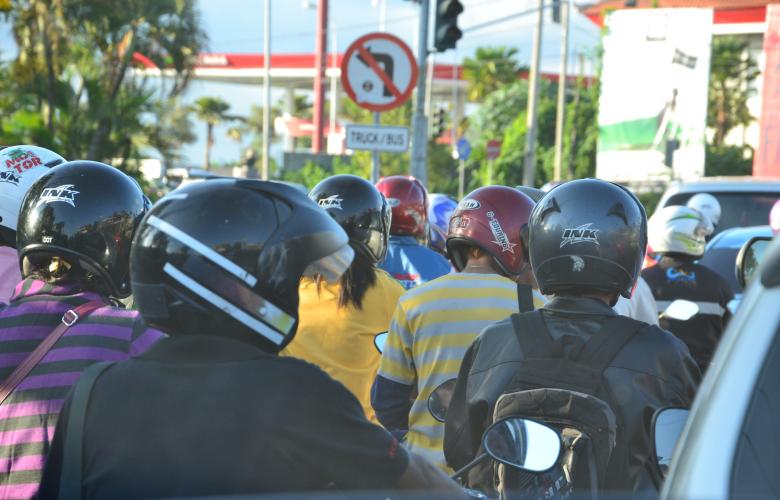
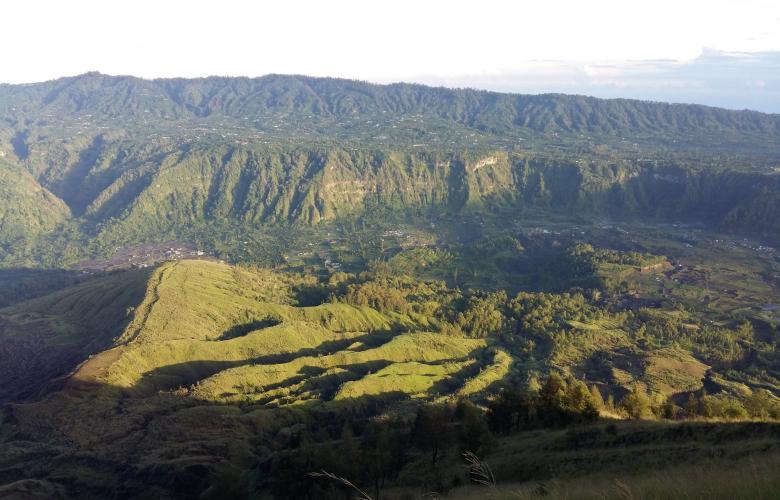
 Many observers claim the biggest transportation problem Bali faces right now is traffic congestion. Image by Simon Sees on Flickr.
Many observers claim the biggest transportation problem Bali faces right now is traffic congestion. Image by Simon Sees on Flickr. Bali's central highlands and mountainous terrain pose logistical problems to both road and rail. Image by Liz Stark on Flickr.
Bali's central highlands and mountainous terrain pose logistical problems to both road and rail. Image by Liz Stark on Flickr.


